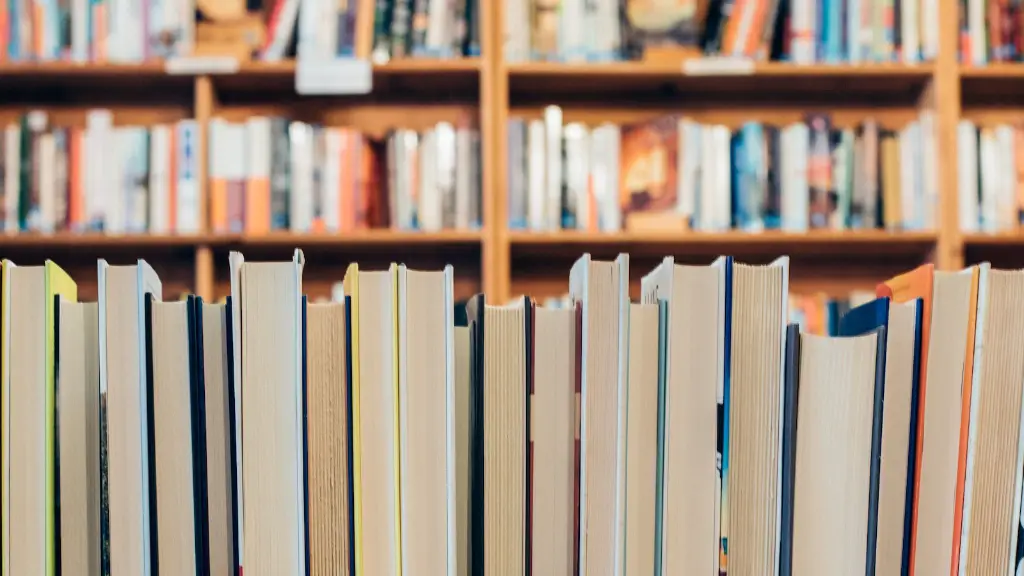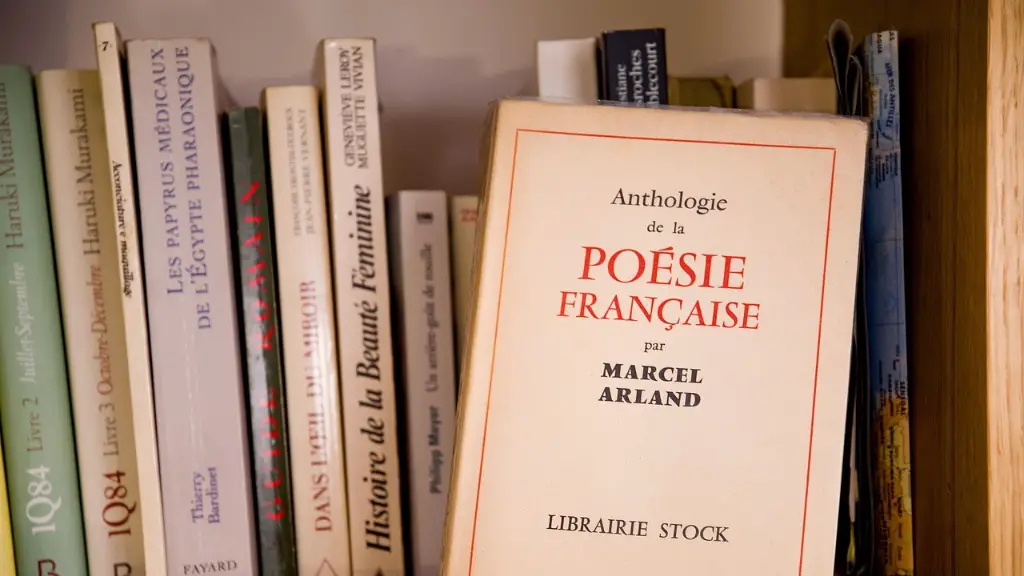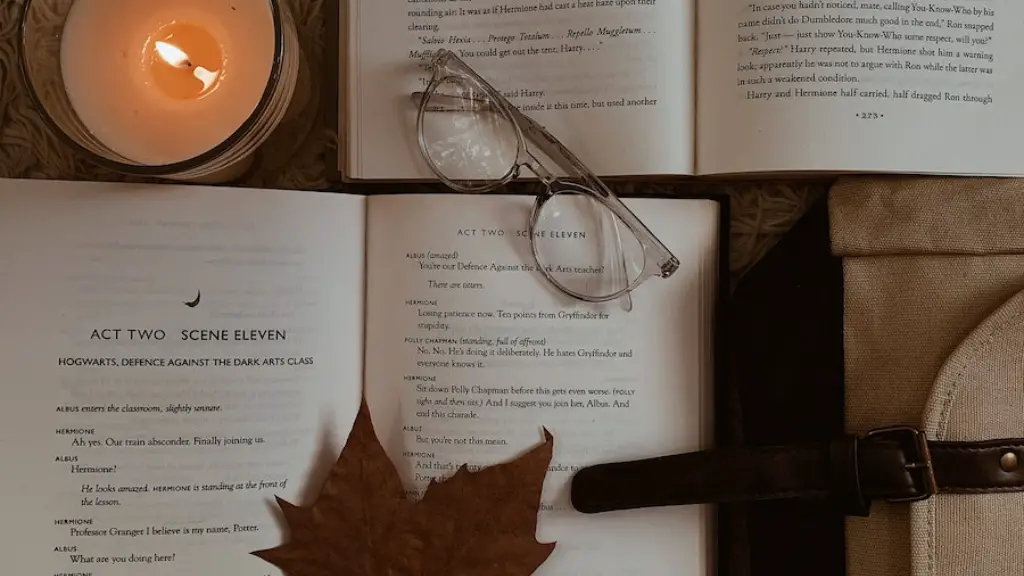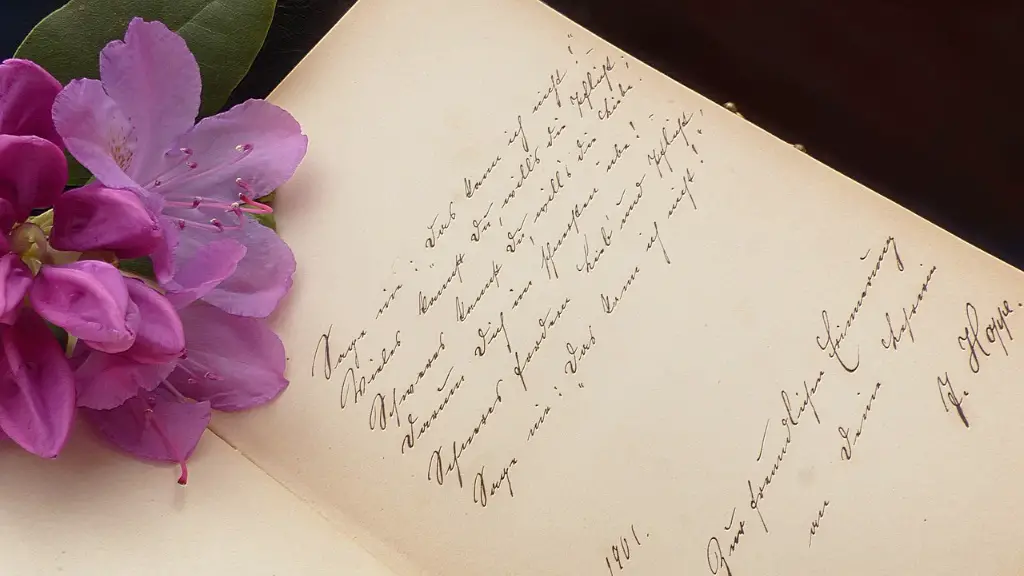The beauty of spoken words can often be enhanced when written down, and this is certainly true of poetry. Written poetry is one of the oldest creative pursuits, used for centuries to express ideas, feelings, observations and to document the life experiences of the individual. Through poetic craft, the ancient art of storytelling is preserved within the lines of rhymes and verses.
Many people seem to think that writing poetry is a complicated task, filled with rules which must be followed or broken. The truth is that written poetry does come with some conventions which are often best observed for clarity, but the good news is that anyone can write poetry, and start discovering whatever it is that they want to say.
Poetry is often thought of as rhythmical and complex, and poems may use metaphors and symbols to help evoke the desired emotion. However, not all poems have to have a strict rhyme scheme or sophisticated symbolism and can be quite straightforward in their meaning. By freeing ourselves from the constraints of traditional poetic rules, the written poem can blossom into whatever form we desire.
It is possible to find inspiration and learn more about writing poetry with the help of acclaimed poets, books and seminars. Studying and practicing the writing, as well as being open to new ideas and influences, is the best way to begin carving out one’s own niche in the poetic world.
One of the advantages of writing down poetry is that the preliminary versions of it may be continually edited and revised, unlike the spoken words of a poem which once spoken are gone forever. By having the piece of written poetry on hand, the poet is free to experiment with alternative words and lines until the desired version has been achieved.
Apart from being a creative process, the writing of poetry is also an excellent exercise in self-reflection and can help to bring clarity and understanding to previously amorphous thoughts and feelings. Moreover, writing can also be a means of self-expression and it can prove to be a powerful form of communication, listing to many audiences.
Poetry Techniques
Poetic techniques are used to enhance the impact of words, through various elements of language such as metaphors and similes, sound, rhythm and structure. Metaphors and similes are both used for comparison purposes and can be used to give a vivid description of characters or ideas. Sound techniques, such as alliteration, assonance, repetition and onomatopoeia, employ certain letter combinations and words to create sonic and visual effects. Poetry techniques can also be used to add rhythm and length to a poem, through the use of enjambment, end-stopping and caesura, as well as offering a patterned and structured way of organizing the poem’s departure into lines and verses.
Poetic Forms
There are many different forms of poetry, such as haiku and odes, that provide the poet with a structure and format to follow. The haiku is a Japanese form of poetry that traditionally consists of three lines and seventeen syllables. The first and third lines each have five syllables, and the second line has seven. Odes are traditionally longer poems written in honor of an event or person. They often include a great deal of detail and elaborate language as well as poetic techniques. Other forms of poetry include sonnets, limericks, elegies and epics.
Poetic Devices
Poetic devices can be used to ensure that a poem stands out from the crowd and is able to attract attention. Devices such as personification, a metaphor for describing a person or object as a living thing, hyperbole, exaggeration for dramatic effect and imagery, vivid visual descriptions, all help to add texture, substance and emotion to a poem.
Poetic Interpretation
The interpretation of poetry is often a very personal and deep exercise. Poetry can influence the way we think, feel and act, and unearthing the meaning behind a poem can lead to moments of self-discovery. Once the hidden messages behind a poem are understood, the poem can take on a deeper and more significant meaning, allowing the individual to gain a whole new perspective on life.
Reading Poetry
Reading poetry is a pleasure that has been enjoyed for generations and can offer many insights into the human condition. Spending time with a poem, even if just a few lines, can often help to generate fresh thoughts and ideas. Reading other people’s poetry can also help to show the different perspectives of poets and can help to inform one’s own writing.
Poetry Analysis
Poetry analysis is a vital part of understanding the context of a poem, as well as being able to explore the poem’s implications and precisions. Through analyzing the language of the poem, emotion, tone and meaning can be discovered, allowing the reader to explore further nuances of the work. Through this process of critical analysis, each poem can become a unique and insightful journey into the inner workings of the poem, the poet and ultimately the soul.



